So It Begins
Just this week, the NFL made headlines by announcing that it officially voted to allow its players to participate in the 2028 Summer Olympics in Los Angeles, where flag football will make its Olympic debut. The news was greeted with excitement in many circles. The idea of Tyreek Hill catching deep bombs or Patrick Mahomes running a flag offense on the Olympic stage is undeniably alluring for casual fans and sports media alike.
But those of us who’ve spent our lives playing, coaching, organizing, and building the game of flag football from the ground up? We’re a bit more skeptical — and for good reason.
Let’s be clear: this is not about disrespecting NFL players. They are among the most elite athletes in the world. But sending NFL players to represent the United States in Olympic flag football isn’t just unnecessary — it could actually do far more harm than good.
A Different Game Entirely
NFL tackle football and Olympic-style 5v5 flag football share a ball, a field, and a scoring system. That’s about where the similarities end. Flag football is a finesse game. It is built on precision, deception, timing, and nuance — not brute force. You don’t win with shoulder pads and power runs. You win with calculated spacing, tight route combinations, and defensive discipline.
This version of flag football is played on a 50 yard by 30 yard wide playing field — essentially a quarter the size of an NFL field. And that matters. It changes the pace, the spacing, the strategy. Pure athleticism — even elite athleticism — can be neutralized in tight quarters when you don’t understand the angles, flag-pulling mechanics, or timing needed to run an elite flag offense.
An NFL quarterback who has mastered throwing into tight windows with defenders bearing down may not thrive in a game where the rusher is on them immediately, throwing lanes are narrow, and the timing of every play is choreographed down to the split-second. The game becomes more about knowledge than measurables from the quarterback stand point. These aren’t “dumbed down” versions of real football plays. These are entirely different plays requiring entirely different instincts.
Short Prep Time, High Stakes
One of the most overlooked realities is how little time NFL players will actually have to prepare. Given the NFL offseason schedule, Olympic training camps would likely take place in late June or early July — if at all — with the Olympics in mid-July. That means most players will get weeks, not months, to prepare for a game they’ve never played competitively.
That’s not a lot of time to install a playbook, learn flag-specific concepts, build chemistry, or compete in scrimmages against the kind of international teams that have been playing together year-round.
Can NFL players pick it up quickly? Sure. Will they be able to perform at a gold-medal level against teams who’ve been fine-tuning their approach for a decade or more? That’s far less certain.
In fact, the scenario we’re most likely to see is the U.S. throwing together a last-minute team of superstars, flying them in with minimal reps together, and hoping their raw athleticism overcomes actual flag football expertise.
And if they lose?
We don’t just lose a game — we lose our credibility. And the world will never give amateur flag players another chance.
It’s a Huge Risk to the Sport
Let’s not kid ourselves: the world is watching. This is flag football’s Olympic debut. And the perception of the sport will be shaped by how it performs — and by who represents it.
If Team USA fields a squad of NFL stars and loses, the global media narrative won’t be, “Well, they didn’t have enough time to prepare.”
It’ll be, “Wow, America just lost with its best football players.”
And that becomes a stain on the sport itself. It diminishes the credibility of our game and hands other countries a legacy-defining win. Not over America’s best flag players — but over a hodgepodge of tackle stars moonlighting in a sport they don’t really play.
Even worse, if the U.S. does manage to win gold with NFL talent, the message becomes: you need to be an NFL player to succeed in flag football. And that’s just not true. It erases the decades of work and progress made by the actual athletes who built this game.
What About the Athletes Who Earned It?
Here’s where things get personal. The players who’ve competed and represented the United States at the World Games and IFAF Championships? They’ve been perfecting this version of football for 10, 15, even 20+ years. Many are champions at the highest level of our sport. They know the rules inside and out. They’ve developed precise timing with their receivers. They’ve played in pressure-packed environments against elite international competition. And they will be the ones who will have competed in and earned Olympic status by qualifying the team.
They’ve earned this stage. And now they’re expected to sit on the sidelines because a few big-name pros want a taste of Olympic gold?
Imagine training your whole life for a once-in-a-lifetime Olympic opportunity — and being benched only weeks before the Olympics for someone who’s never even played the version of the game you’re best at.
Even worse, imagine there being no formal tryout, no transparent selection process, and no real opportunity to defend your spot — just a quiet removal to make room for a more recognizable name. That’s not just unfair. It’s a betrayal of everything the Olympic spirit is supposed to stand for.
Flag football may not be a billion-dollar league (yet), but it is a legitimate sport with legitimate stars. And those athletes deserve the respect and recognition of representing their country.
The NFL’s Involvement Should Be Strategic, Not Dominant
There is a place for the NFL in flag football’s Olympic journey — but it’s not on the field.
The league has been instrumental in promoting the game internationally, especially through initiatives like NFL Flag and global exhibitions. That’s great. The NFL can and should continue using its platform to elevate awareness and excitement around Olympic flag football.
But that support should not come at the cost of authenticity. Flag football already has its own stars, its own systems, and its own culture. The NFL doesn’t need to replace those athletes — it should help shine a spotlight on them, and at the very least, give them a legitimate chance at making this team.
In other words, be a partner, not a hijacker.
Which Positions Actually Translate?
It’s true that certain NFL positions do translate reasonably well. Wide receivers and defensive backs, for instance, often rely on the same core skills: speed, route running, coverage, and hands.
But even then, the execution is different. In flag, you can’t just stiff-arm a defender or absorb contact at the catch point. It’s all about elusiveness, deception, and hand-fighting for flags — not leverage or physicality.
Quarterback? That’s a different animal entirely. Flag football quarterbacks must make lightning-quick reads, often without the benefit of a clean pocket or blockers. They must operate in tight spaces and deliver the ball on time to receivers who are sprinting through compressed routes.
The margin for error is razor-thin. A quarterback who hasn’t played in those conditions will struggle. Period.
There are dozens of amateur QBs in the flag football world who would outperform even top-tier NFL QBs in this format. And that’s not a knock — it’s just reality. Different game. Different skill set.
USA Flag Athletes Have Earned This Moment
Organizations like USA Flag have invested years building this sport from the grassroots up. From youth programs to national tournaments to developing officials and global outreach, we’ve poured everything into growing the game the right way — with structure, with integrity, and with the athlete at the center of it all.
We’ve watched participation soar. We’ve seen our athletes dominate on the international stage. We’ve created ranking systems, world record competitions, and development pipelines that mirror other major Olympic sports. And we’ve done it all without billion-dollar TV deals or massive sponsorships — just passion and persistence.
So to see those athletes — who’ve literally paved the way for Olympic inclusion — get passed over for a few weeks of NFL stardom would be heartbreaking. And not just for them, but for every kid coming up in this sport who’s dreaming of making the Olympic team someday.
Let’s Grow the Game — the Right Way
If the goal is truly to grow flag football worldwide, then the right move is to showcase the people who’ve already dedicated their lives to it. Letting NFL players tryout would be a no brainer, supplement the team with NFL talent not completely replace it, but to completely disregard the athletes that got it there? Unacceptable.
Let our athletes show the world what real flag football looks like. Let them teach us how it’s played at the highest level. Let’s use the Olympics to introduce the true stars of the game to the global stage — not just ride the coattails of NFL popularity.
If we do that — if we trust the athletes who built this — then flag football won’t just be a temporary Olympic novelty. It will be a global movement.
And that’s something worth playing for.
Final Thought
This isn’t about gatekeeping. It’s about honoring the journey. NFL players already have the Super Bowl. Let flag football athletes have a fair shot at being a part of that Olympic team.
The world deserves to see the best flag players, not the most famous football players. And we owe it to the sport — and to the athletes who carried it here — to make sure that happens.


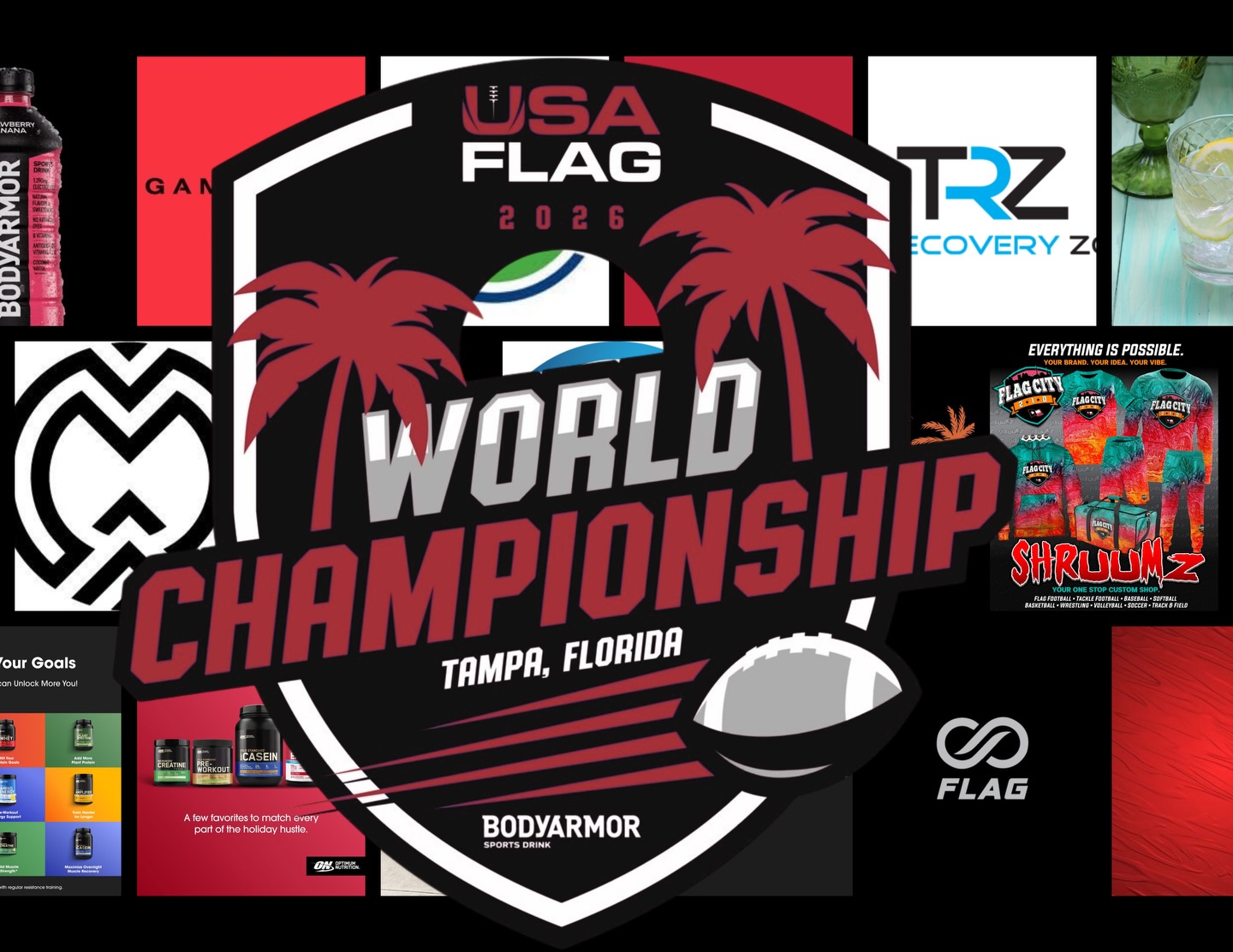
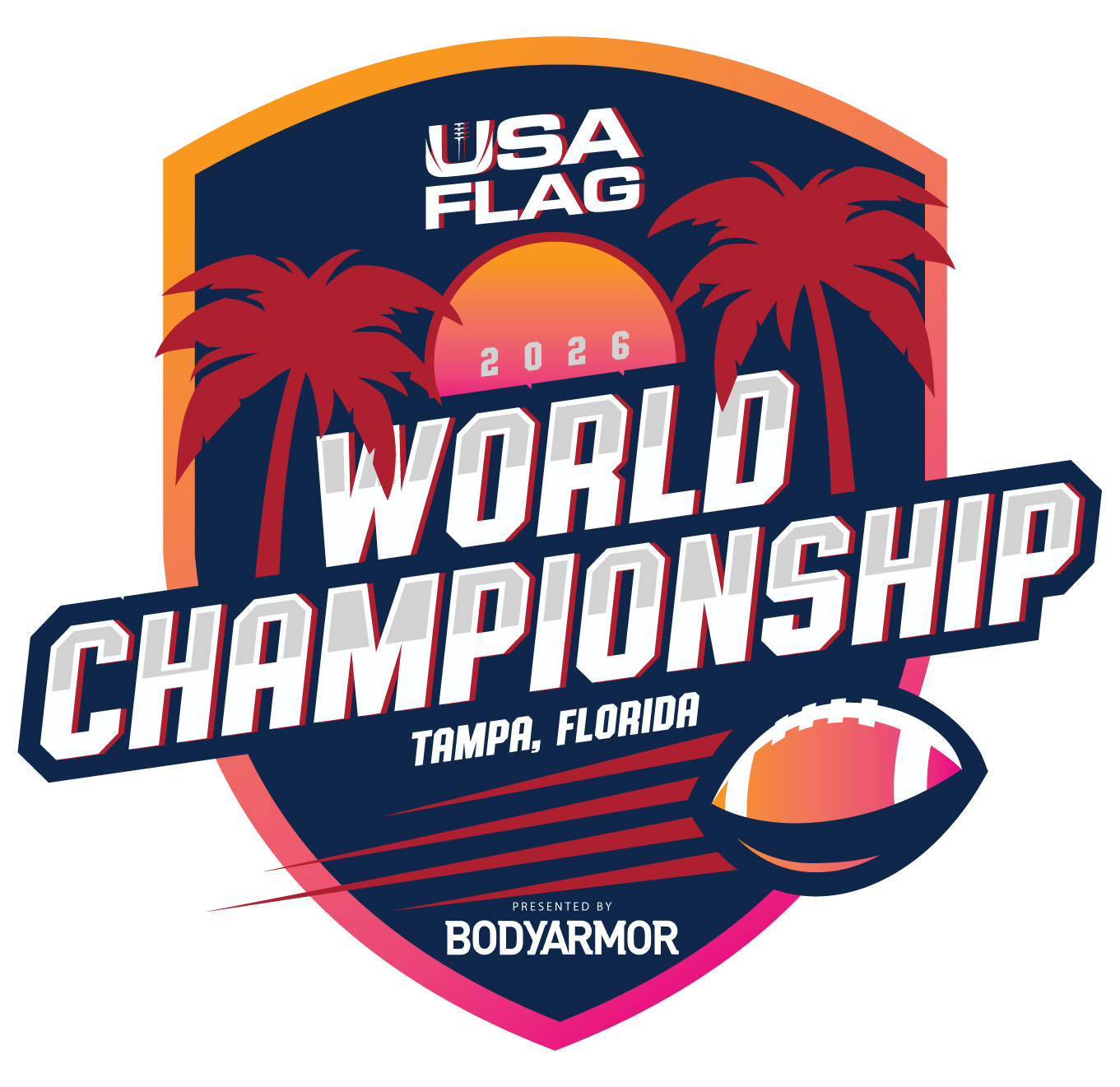
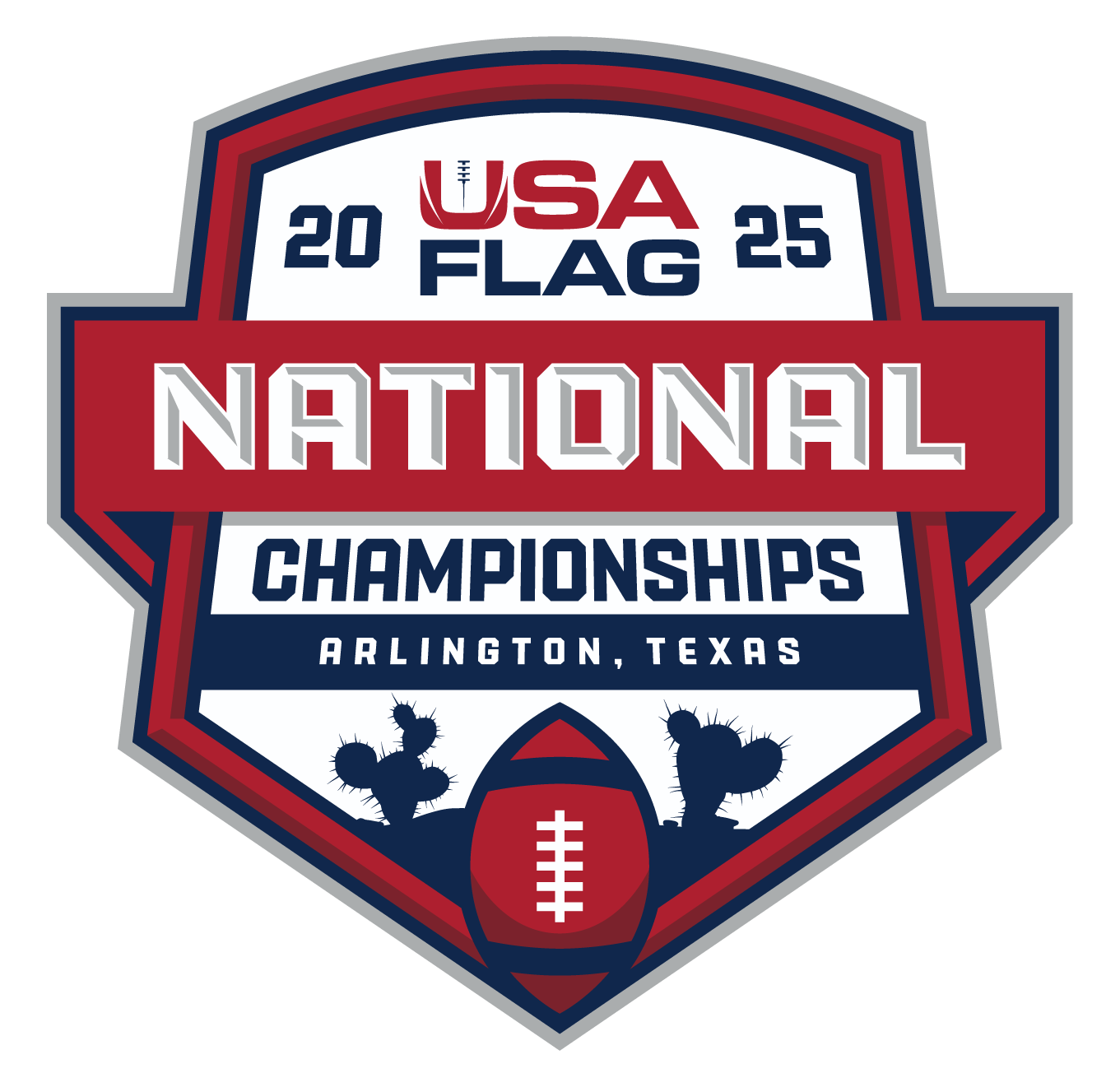
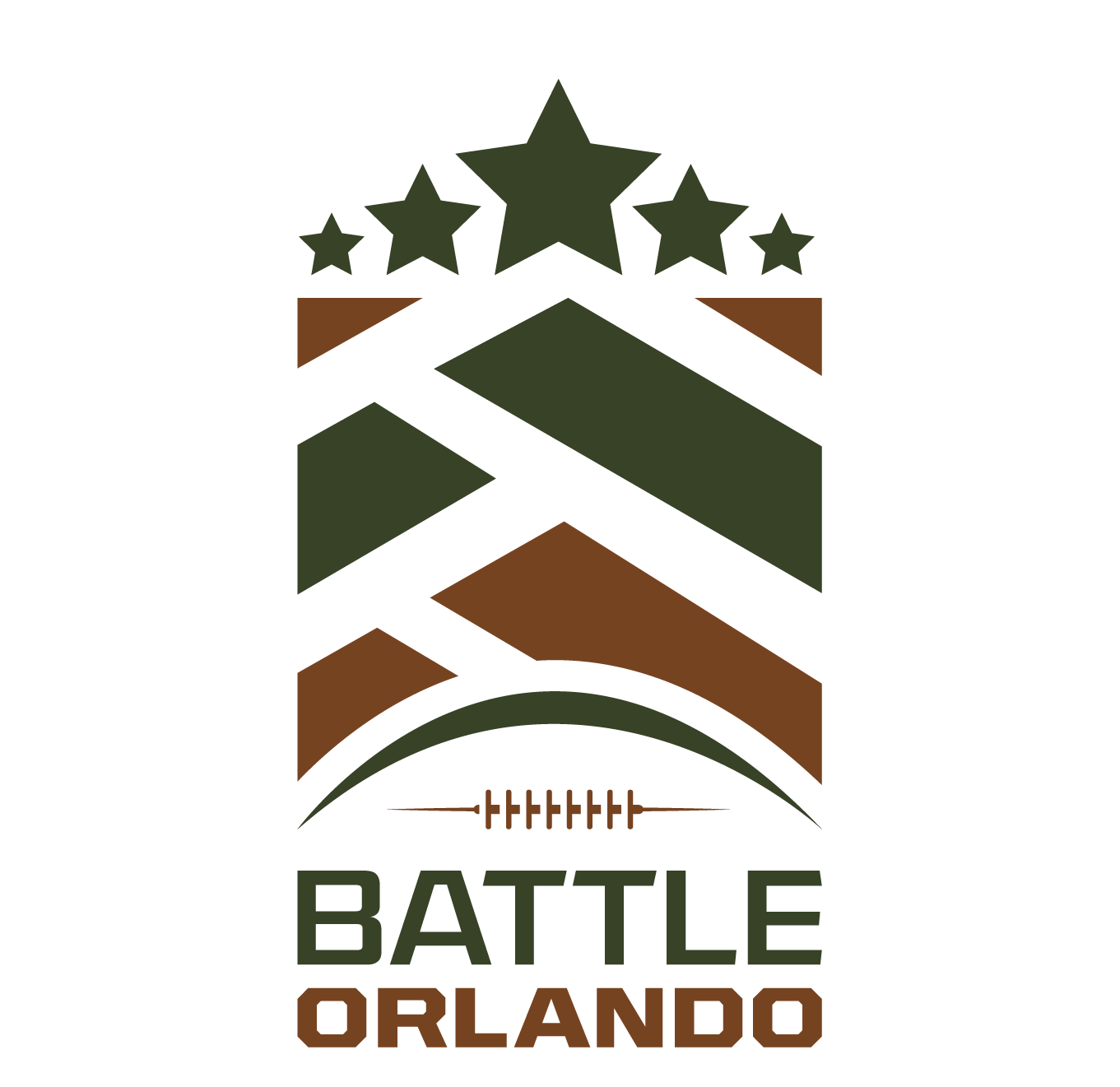


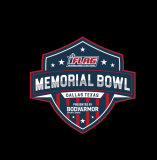

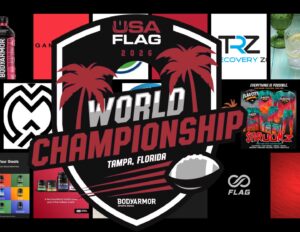
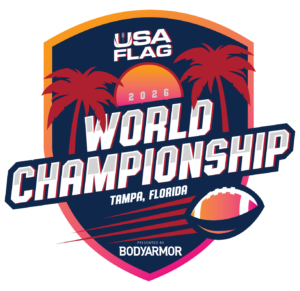
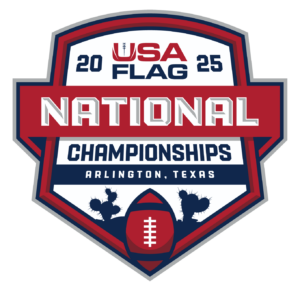
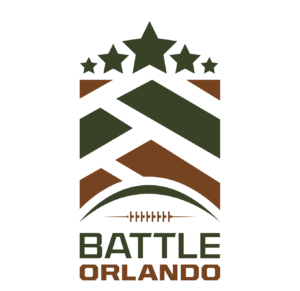

Comments: 6
Mark
May 21, 2025 5:31 pmJust Let them make the try out, if they outperform the guys in the national team well, Let them go to the olympics.
Just stop whining and give a fair shot to everybody.
Btw in the NFL you also have to make quick reads, so technically they will be prepared.
Luis Amezcua
May 21, 2025 6:40 pmAny player, regardless of popularity, must go through the selection process. And every player must earn his spot on the team. Unless, it is planned otherwise, I don’t see any controversy. Put together the best team, period
Travis Burnett
May 21, 2025 7:34 pmIt most certainly is planned otherwise, an actual selection process is what we’re saying is needed. That doesn’t appear to be the current plan for the NFL athletes or mens team, and wouldn’t make sense with other NFL player obligations.
Chuck Wright
May 21, 2025 9:13 pmInteresting blog with some great points.
George Dimitrakopoulos
May 21, 2025 10:26 pmIf NFL players lost, I feel like that would be a great outcome for the sport. It gets millions of eyeballs on flag and also reinforces the skills of actual flag players.
Let’s be real though. NFL players are some of the best athletes on the planet and they aren’t losing no matter how little preparation they have. Just have a real selection process. If they are the best, let them represent the country.
Flag Mom
May 24, 2025 5:39 amThis blog was wonderfully written and brings up a lot of great points. I do agree that NFL stars should not over shadow the true flag football players who have paved the way. Unfortunately, this blog can’t possibly point out every single difference between the two sports and that is where people who don’t know the IFAF flag football rules have blind eyes in the comparison. I would suggest reading the IFAF rulebook for a better understanding and to become familiar with the sport by watching it. I myself have been watching flag for years. My daughter played youth football for 8 years, then transitioned to flag football (with AFFL rules) and if anyone were to ask her if it was easy, she would say absolutely not. Sure, there are a lot of similarities in the sports, but how you play the game is way different. She then went to play on the US Junior National Team for three years and they play by the IFAF rules which are much more strict than typical AFFL rules and learning those rules was definitely much harder to learn how to play. For example, under IFAF rules there is absolutely no contact. If you don’t train to learn the skills necessary to play without causing penalties then flags will be thrown almost every play. These are some tough skills to learn. Ask any national team player and they will agree. One other rule is that the QB must throw the ball. They cannot run the ball themselves if a rusher is coming at them. I could go on and on, but for all of the people who think NFL players could just roll on in and win the gold, get familiar with flag football, especially with IFAF rules and you will see it is a whole other ball game and not just a simple transition to flag instead of tackle. Of course it is easy to say that a group of NFL stars could run the table in flag, but before assuming, learn what the rules are and then make a comparison. It just isn’t going from tackle to pulling flags, and unless you truly follow and understand the game of flag football, you really can’t give a factual opinion. This is not meant to throw stones at anyone who feels NFL players should play flag in the Olympics by any means. It is just to suggest understanding both sports before comparing and I hope anyone who reads this will consider doing so.